Smarter Compliance for Consumer Goods - Powered by CompliEase
From Factory to Shelf - Automate Regulatory Compliance Every Step of the Way.
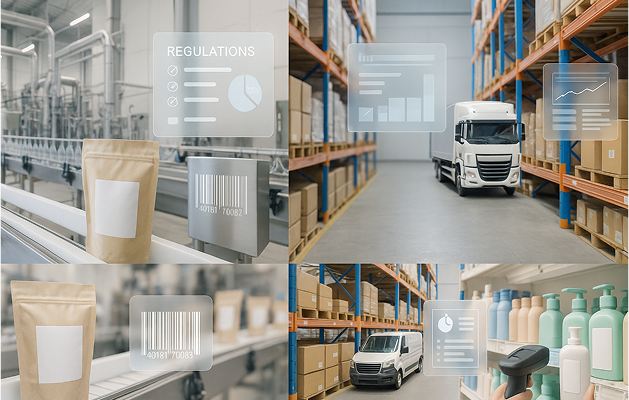
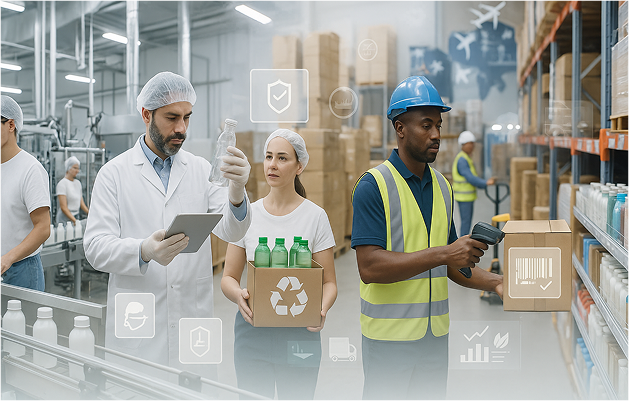
Compliance in the Consumer Goods Sector: A Growing Challenge
The consumer goods industry operates at the intersection of product safety, environmental responsibility, labor regulations, and global trade laws. With increasing consumer scrutiny, ESG pressures, and evolving compliance mandates from agencies like FDA, CPSC, EPA, OSHA, FTC, and international regulators, maintaining compliance across your product lifecycle is mission-critical.
Traditional compliance methods-manual checklists, siloed data, reactive audits-are no longer sufficient.
CompliEase-Empowers Consumer Goods Business
- FDA (food-grade plastics, packaging, cosmetics)
- CPSC (toys, household items, product safety recalls)
- EPA (chemical content, sustainability disclosures)
- OSHA (worker and plant safety)
- FTC & State Regulations (labeling, advertising, eco-claims)
Use Cases in the Consumer Goods Sector

Product Design
Check packaging and materials against FDA, EU REACH, and CPSC rules

Labeling
Validate ingredients, nutrition facts, warnings, and ad claims against regional laws

Manufacturing Plants
Ensure OSHA, EPA, and waste
disposal compliance

Supplier Oversight
Track Tier 1/Tier 2 suppliers for sustainability and labor certifications

Retail & Distribution
Automatically monitor labeling and product compliance across SKUs and geographies
Who Benefits from CompliEase in Consumer Goods?

Why Consumer Goods Leaders Choose CompliEase

AI‑powered rule extraction from
30+ global agencies

Automated document evaluation:
specs, labels, supplier docs

Global regulation tracking across
regions and products

Real‑time alerts, dashboards, and
audit‑ready reporting

ESG and sustainability compliance
out of the box

Predictive compliance:
Get ahead of regulatory change
Executive Dashboards Tailored to
Consumer Goods
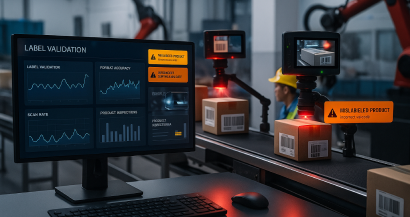
Real-Time Label Violation Monitor
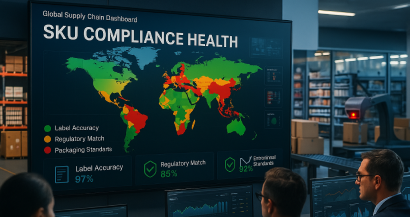
Global SKU Compliance Health
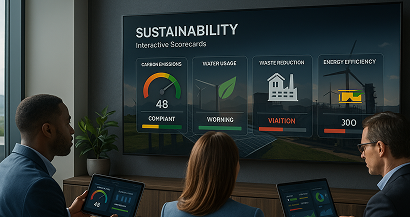
Sustainability Scorecards
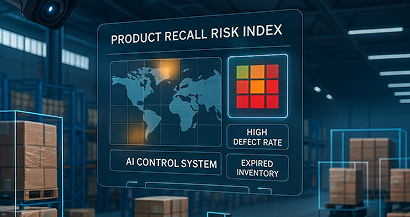
Product Recall
FDA/CPSC Violation History Tracker
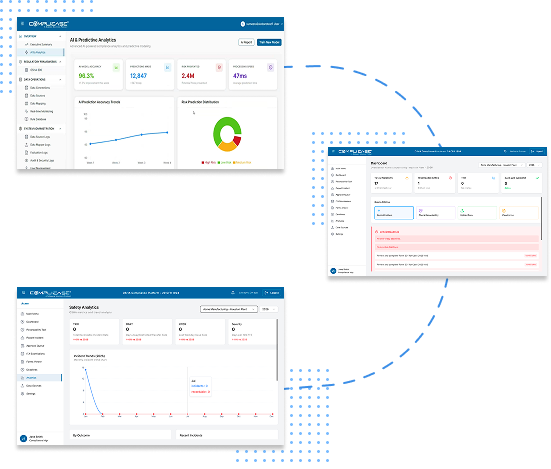
OSHA Recordability Assessment
Identify recordable incidents with consistency
CompliEase helps consumer goods manufacturers evaluate workplace incidents through a guided OSHA recordability assessment designed for production, packaging, and distribution operations. By capturing task conditions, work areas, equipment involved, and injury outcomes, the platform supports accurate OSHA 300 determinations while reducing interpretation differences across shifts and facilities.
-
Improve accuracy in recordability decisions for production, packaging, and material-handling incidents.
-
Apply OSHA 29 CFR 1904 requirements through structured, rule-based assessments.
-
Maintain clear, documented decision records to support OSHA inspections and compliance audits.
Centralized Incident Reporting
Capture consumer goods incidents with operational visibility
From repetitive-motion injuries and machine-related incidents to slips, forklift events, and near misses, CompliEase enables consumer goods organizations to report and manage incidents through a centralized, end-to-end workflow. All incident data flows directly into OSHA 300 logs, ensuring accuracy, traceability, and compliance from initial reporting through final recordkeeping.
-
Standardize incident reporting across manufacturing plants, packaging lines, and warehouses.
-
Maintain secure, complete documentation supporting OSHA 300 and OSHA Form 301 requirements.
-
Streamline internal reviews and approvals with efficient workflows and reduced manual follow-ups.
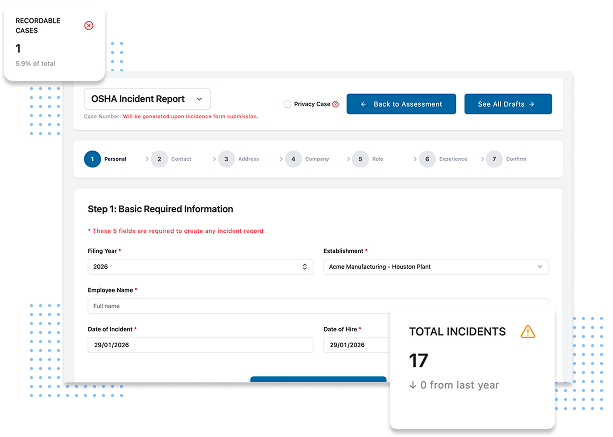
Safer, Smarter, and Compliant Consumer Goods Operations
CompliEase empowers upstream operators to reduce compliance workload by up to 70%, proactively prevent safety and environmental violations, and maintain operational continuity across drilling and production sites.
Book a demo today to see how CompliEase turns upstream compliance into a strategic advantage.
